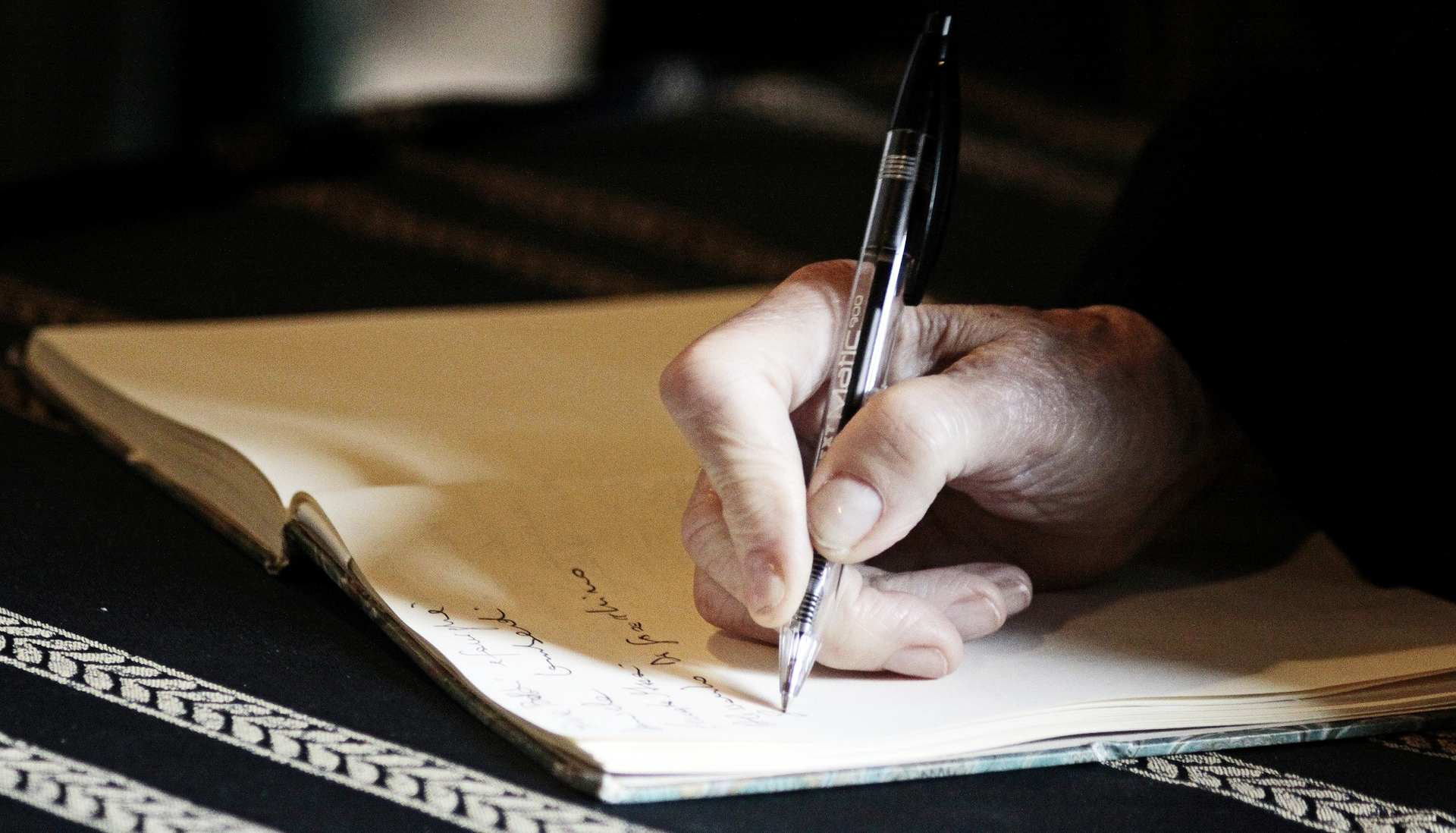Pseudepigrapha or Restored Work? (Part 2)
“Behold, they are written among the sayings of the seers.” -2 Chronicles 33:19c
While the world would keep us constantly in self doubt, having to always prove ourselves by hitting worldly markers of success and staying within the mean, God would have us see ourselves as powerful, complete, forgive and giving. He would turn ourselves away from serving ourselves by accumulation things and toward using our limited time and energy in the service of God and our fellow beings. This life is a test, a limited time to free ourselves from the perceptions given to us by others and our five senses, to living from our eternal spirit and in communion with the Divine Spirit that the physical world separates us from.
Pseudepigrapha or Restored Work? (Part 1)
“And he took the book of the covenant, and read in the audience of the people: and they said, All that the Lord hath said will we do, and be obedient.” -Exodus 24:7
The term Pseudepigrapha is a technical or scholarly term that refers to a work that is written under a false name or pseudonym. It’s use gets murky because it can refer to a work in which the author merely seeks to hide his or her identity for anonymity or to avoid persecution, or are attributing their doctrine to a famous figure. It is further clouded by the fact that H. R. Charles and James H. Charlesworth each published collected volumes of Pseudepigrapha, giving the unlearned the the notion of an “acceptable canon” of Pseudepigrapha. Many works in the canons themselves are regarded as Pseudepigrapha.
Forgery or Misattribution?
“Then Samuel told the people the manner of the kingdom, and wrote it in a book, and laid it up before the Lord.” 1 Samuel 10:25a
In Lost Christianities page 9, Bart Ehrman begins by stating, “Almost all of the lost scriptures of the early Christians were forgeries.” He goes on to state, “Scholars have long recognized that even some of the books accepted into the canon are probably forgeries. Christian scholars, of course, have been loathe to call them that and so commonly referred to them as pseudonymous writings.”



